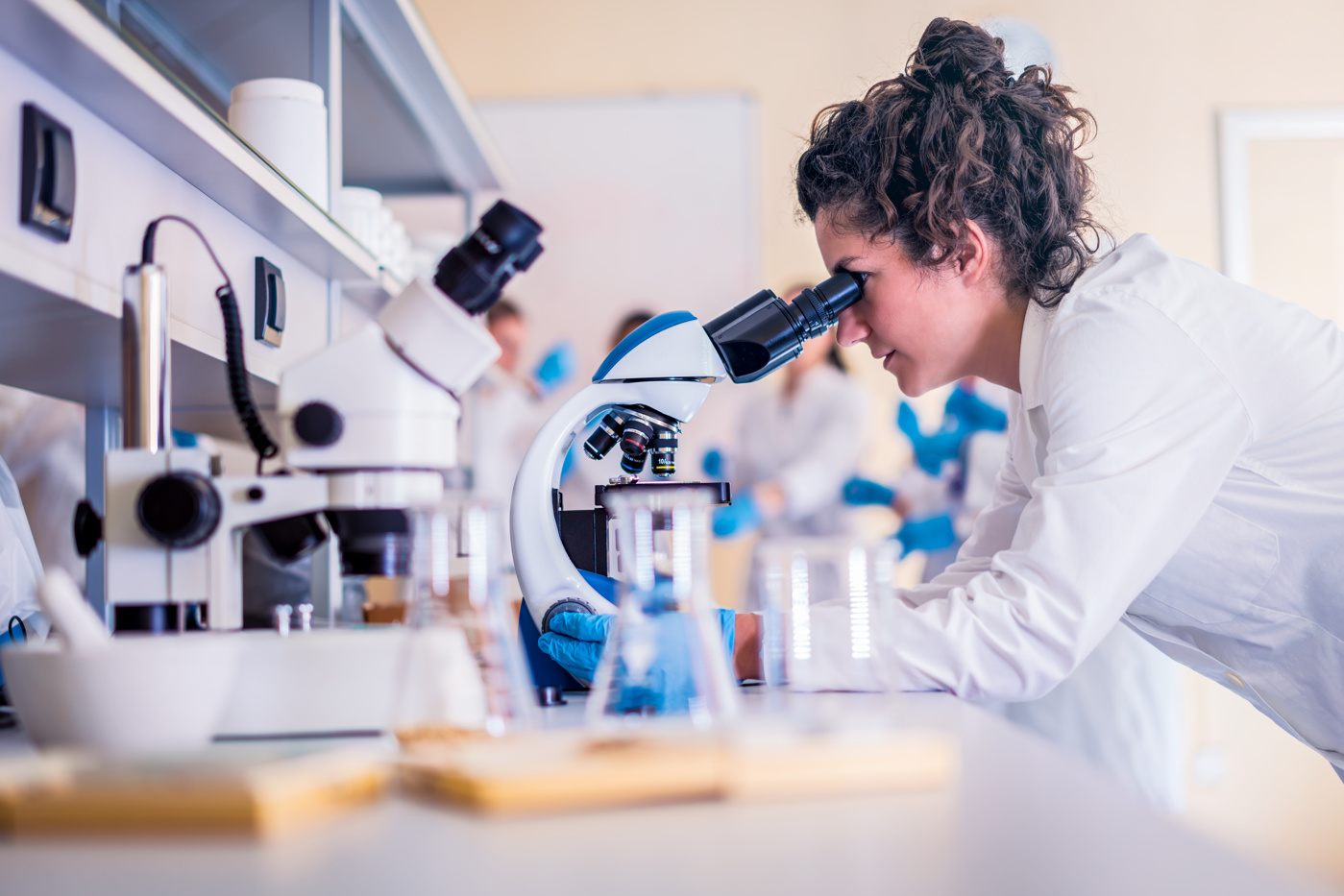Requirements for admission to the Biomedical Analyst HF / Biomedical Analyst HF degree programs
The general requirements are set out in the framework curriculum. Details of the admission requirements and the admission procedure are set out in writing by the PET colleges themselves. The following requirements generally apply for admission to a "Biomedical Analyst HF" degree program:
General school requirement:
One of the following Swiss educational qualifications is required for admission:
- High school diploma, vocational baccalaureate or specialized baccalaureate (preferably in the field of health)
- If you have completed an apprenticeship with an EFZ; if you have an EFZ in a health or medical profession (e.g. medical practice assistant, biology laboratory technician, druggist or healthcare assistant), some training providers may waive one year of study.
- other equivalent educational qualifications
You will also need:
- Good grades in biology, chemistry, physics and mathematics
- Good oral and written German language skills
- good knowledge of English.
Passing the aptitude test:
Depending on the training provider, the aptitude assessment may take the form of an entrance examination or an interview. The aptitude assessment can consist of several steps, for example
- Completing and passing an aptitude test such as Multicheck Competence Analysis Health HF
- 2-day qualifying internship in a hospital or private laboratory
- Submission of a portfolio / dossier (consisting of application form, school and work references, Multicheck evaluation, CV, letter of motivation, external assessment of the internship company)
- Half-hour aptitude interview with two experts
Some time after the admissions interview, you will receive written notification of whether you have passed the admissions procedure and have been accepted onto the Biomedical Analysis HF degree program.

